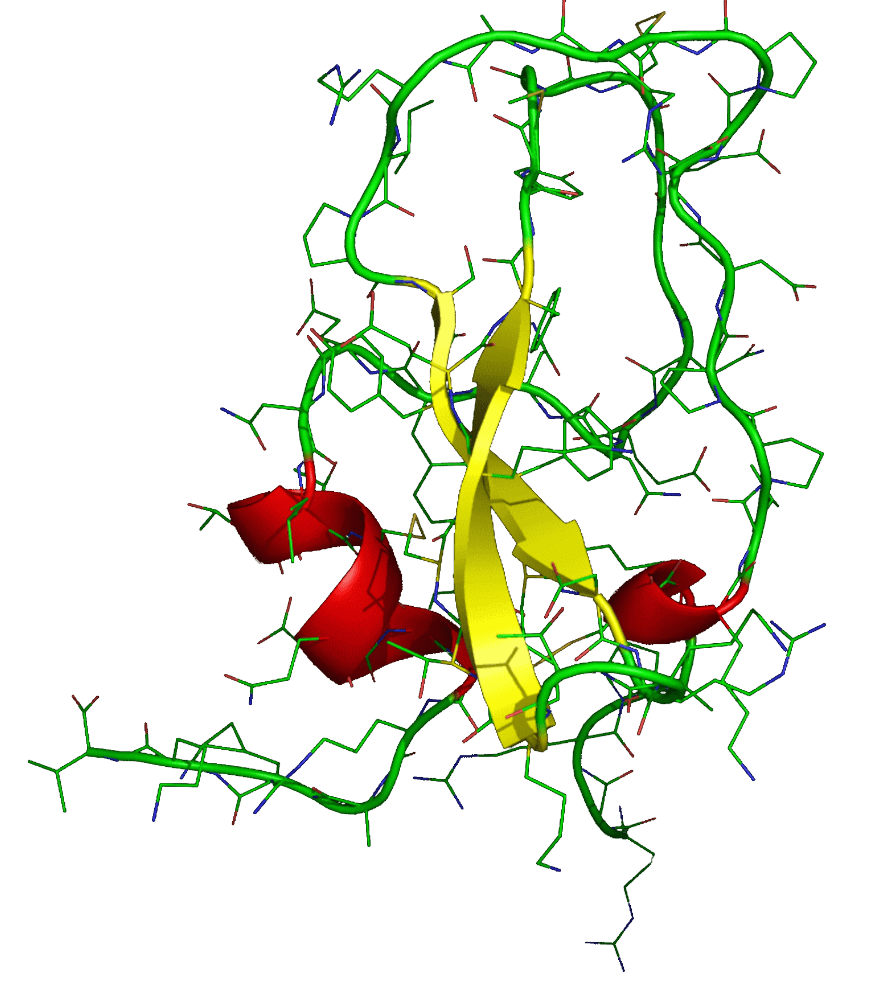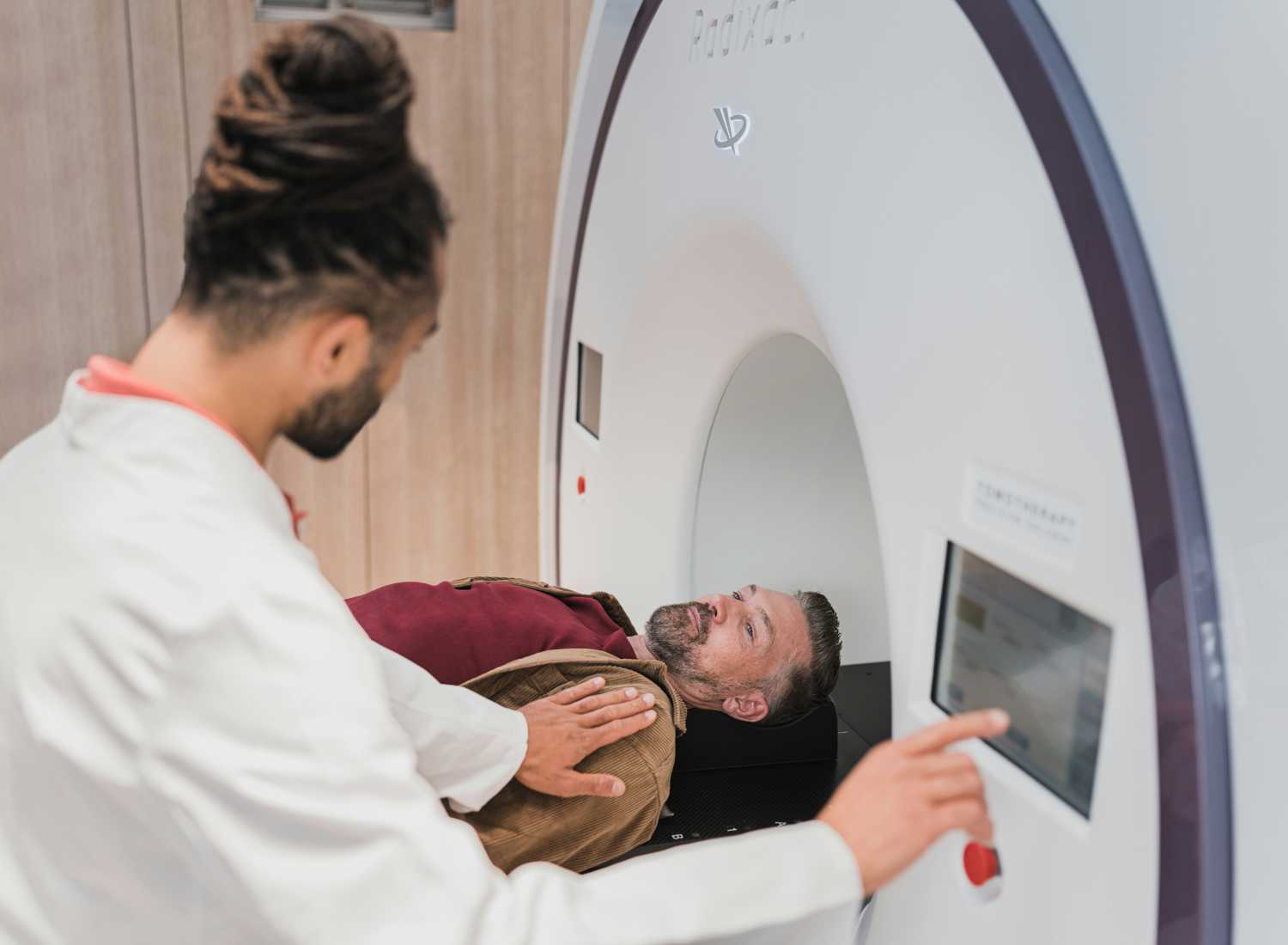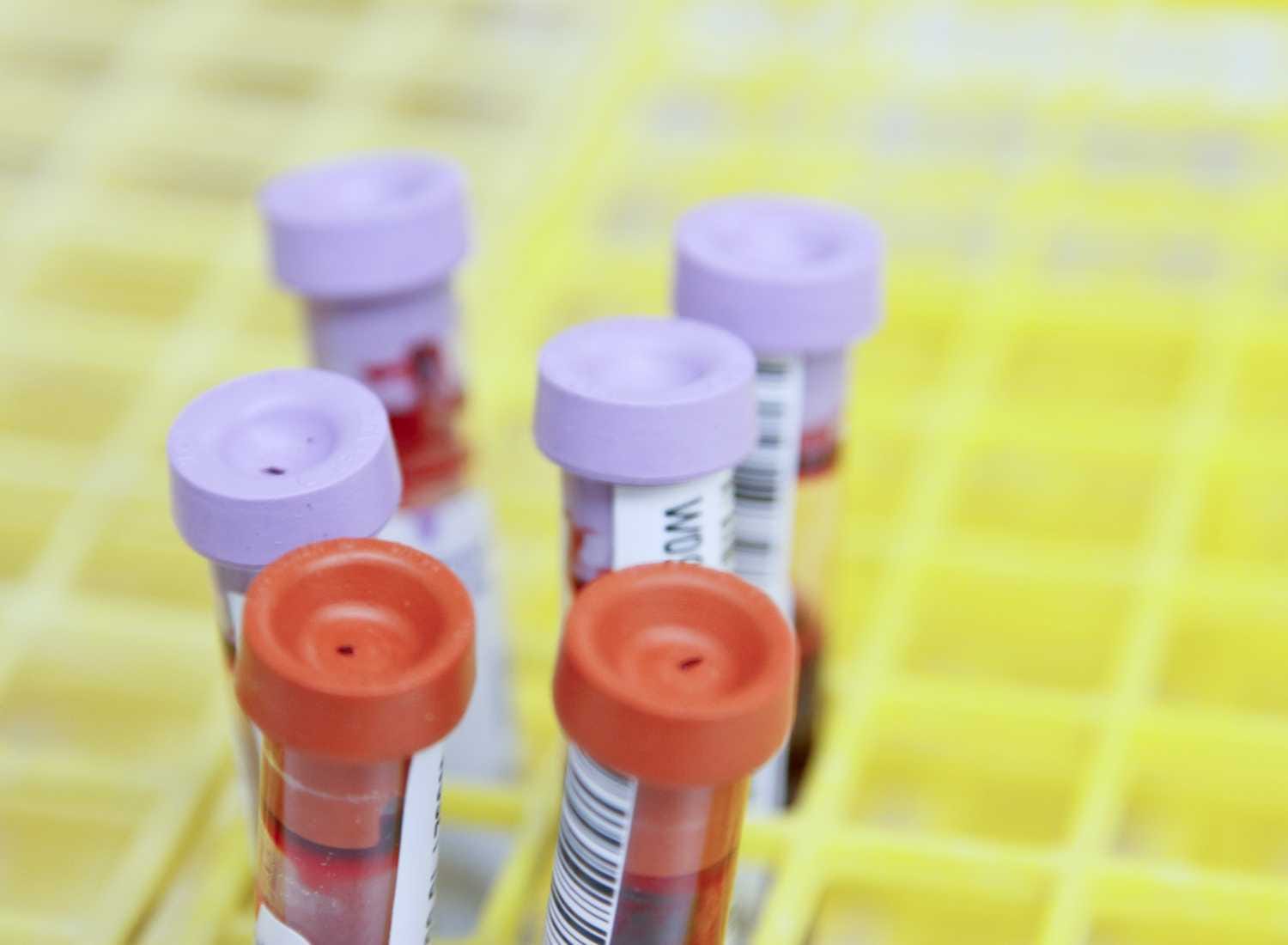Products
Clinical trials
Study Design
Allocation: Randomized
Intervention Model: Parallel Assignment
Masking: None (Open Label)
Primary Purpose: Treatment
BIOX-101 is currently undergoing evaluation in a Phase 2a clinical trial including patients with spontaneous ICH, also known as hemorrhagic stroke. This condition occurs when a blood vessel within the brain ruptures, leading to bleeding within the brain tissue.
Hemorrhagic stroke accounts for about 10-15% of all stroke cases, but it results in a disproportionately high rate of mortality and long-term disability compared to ischemic strokes, which are caused by blockages rather than bleeding. The lack of effective treatments for ICH further compounds its impact on patients and healthcare systems. Currently, management of ICH focuses on supportive care and controlling risk factors, but no specific therapeutic agents have been approved to directly address the consequences of the hemorrhage.
BIOX-101 aims to fill this critical gap. The outcomes of this trial could pave the way for further research and development, potentially offering a much-needed treatment option for this life-threatening condition. If successful, BIOX-101 could significantly improve the prognosis and quality of life for patients affected by hemorrhagic stroke, marking a major advancement in stroke therapy.
INCLUSION CRITERIA
-
- Male or female ≥ 18 years.
- Written informed consent must be obtained before any study assessment, with legal representative consent acceptable if the patient is unable to provide it.
- First-ever, spontaneous, supratentorial ICH.
- Glasgow Coma Scale best motor score no less than 5.
- mRS score 0-2 prior to symptom onset.
-
- History of personal or familial bleeding disorders.
- Known deficiency in factor XII or haemophilia type A or type B or type C.
- Infratentorial ICH.
- Secondary ICH.
- Planned (neuro)surgical intervention on initial presentation.
- Anticoagulation reversal treatment.
- Patients with a Graeb score >3, blood in the 4th ventricle, significant blood in the 3rd ventricle, or hydrocephalus.
- Use of immunosuppressive or immune-modulating therapy at admission.
- Patients with active systemic bacterial, viral or fungal infections.
- Women of childbearing potential.
- Body weight > 120 kg at screening.
- Severe renal impairment.
Bioxodes achieved encouraging preliminary results. The trial met primary safety and secondary efficacy endpoints, an interim analysis of the first 16 patients showed.




